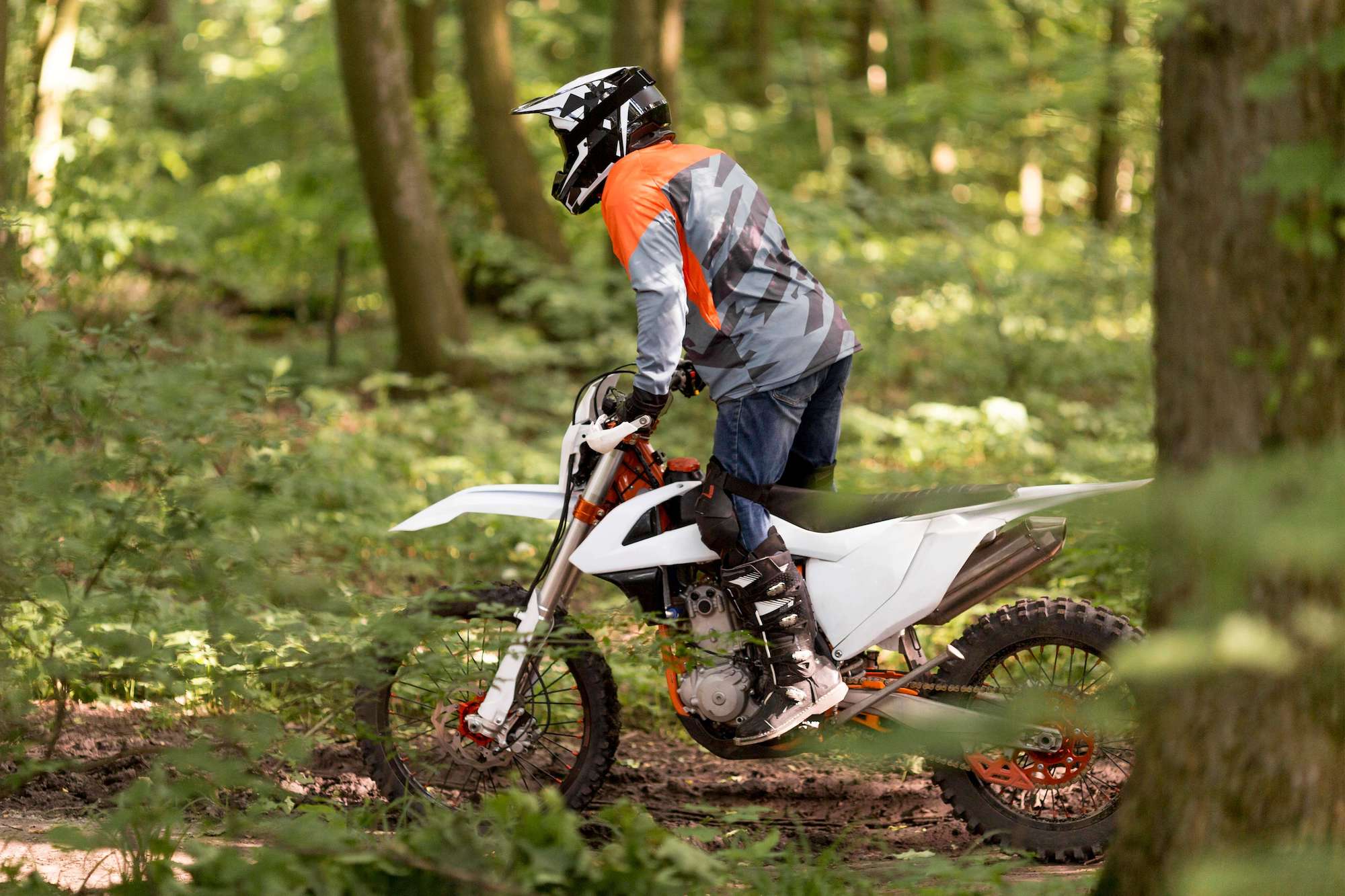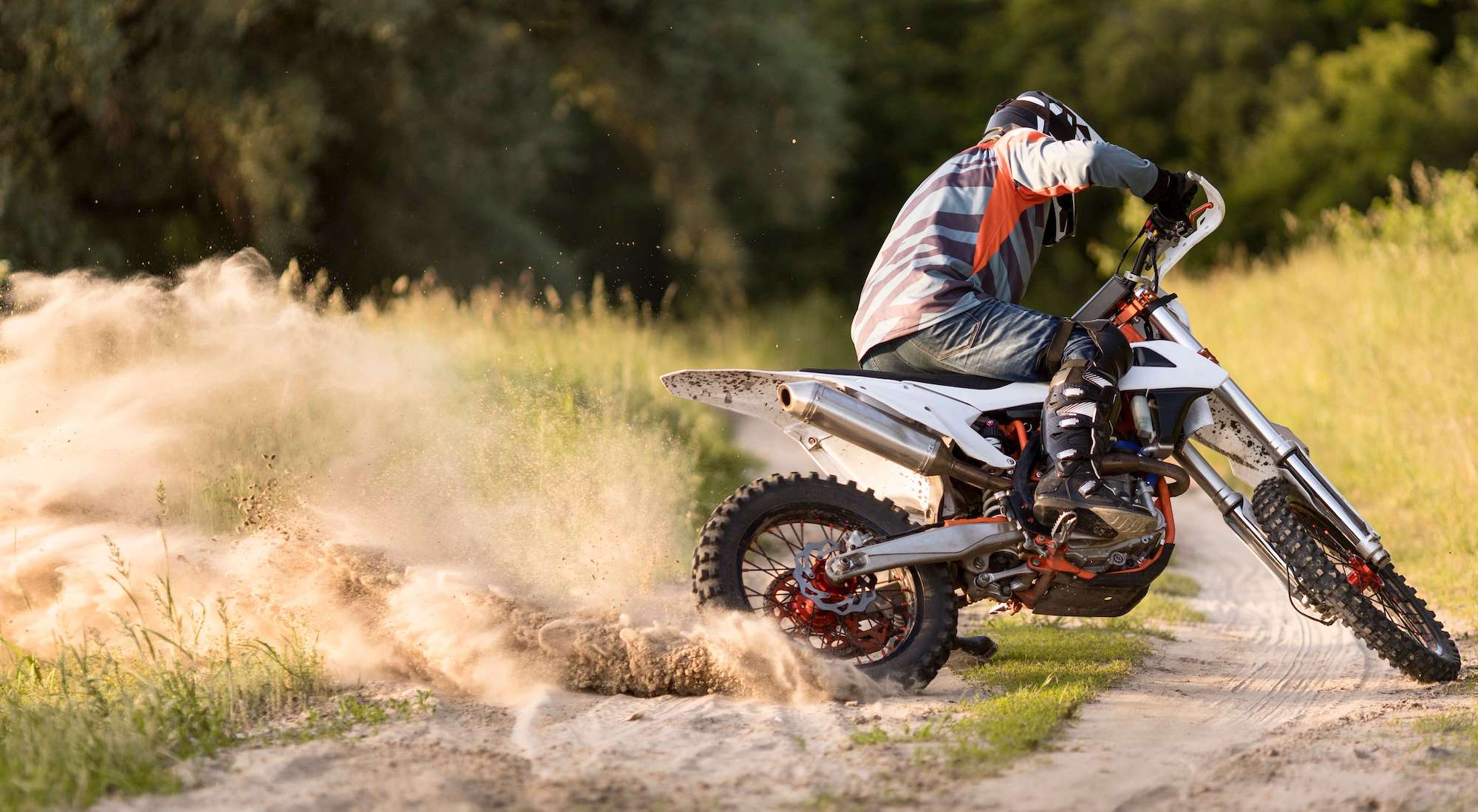back to the blog
Dirt Bike Laws and Licences UK

Olivia C · January 29, 2025
If you're keen to hit the trails on a dirt bike but also want to know if you can take it on the road, you're not alone. Most dirt bikes aren’t street legal because they don’t meet the necessary legal requirements. However, there are ways to get them road-legal or find bikes that are already equipped for both off-road and road use. This guide will help you navigate the dirt bike laws in the UK, from conversions to licensing and regulations.
Are Dirt Bikes Street Legal in the UK?
Dirt bikes are lightweight motorcycles designed for off-road riding on rough terrain. They have features that help them in the off-road setting like knobby tires, long suspension travel, and a robust frame.
Most dirt bikes aren’t street legal in the UK because they don’t meet the necessary requirements, such as registration, lighting, or insurance. However, dual-sport bikes are an exception. These are specially designed for both on-road and off-road use, coming with all the legal essentials straight from the factory. They’re not pure dirt bikes but offer a great compromise if you want versatility.
Can You Convert A Dirt Bike To Be Street Legal?
Yes, it’s possible, but it takes work. To make a dirt bike road legal, you’ll need to install essentials like headlights, tail lights, indicators, mirrors, a speedometer, and a horn. You’ll also need to register the bike with the DVLA, ensure it passes an MOT (if it’s over three years old), and get it insured. Not all dirt bikes are ideal for conversion, as some just have a design that can’t support the necessary mods to meet road legal requirements, or generally perform badly on tarmac.

What is the Difference Between a Road Legal Bike and a Dirt Bike?
A road-legal bike is equipped with all the features needed to comply with road safety regulations, including lights, mirrors, and a registration plate. Dirt bikes, on the other hand, are designed for off-road use, prioritising lightweight construction and rugged performance over road compliance.
When riding off-road, you don’t need to use mirrors or keep plates on, so to keep the bike as light and agile as possible, these don’t feature on the bike. Essentially, they don’t usually have features for road compliance because these features are for legal reasons, not for bike performance.
Road-legal bikes are also more stable and better suited for paved surfaces, whereas dirt bikes are designed to excel on rough, uneven terrain.
Legal vs. Illegal Dirt Bikes: Key Differences You Need to Know
When choosing a dirt bike in the UK, if you plan on riding on public roads, you’ll need to know whether it’s road-legal or off-road-only. Road-legal dirt bikes are equipped with all the necessary features to comply with road safety regulations, such as lights, indicators, mirrors, a horn, and a number plate.
Let’s go through two examples of dirt bikes, one being road legal, one being off-road only.
Road-Legal Dirt Bike: Honda CRF300L
- Why It’s Legal: Equipped with headlights, indicators, mirrors, a licence plate, and registered for on-road use.
- Versatility: Suitable for both commuting and off-road adventures.
Non-Road-Legal Dirt Bike: Yamaha YZ450F
- Why It’s Not Legal: Lacks lights, indicators, registration, and other road safety features.
- Purpose-Built: Designed exclusively for motocross tracks and off-road trails.
Choosing between a road-legal dirt bike like the Honda CRF300L and a non-road-legal option like the Yamaha YZ450F depends on where and how you plan to ride. For versatility and legal compliance, opt for a road-legal bike, but if you’re focused purely on off-road thrills, a dedicated dirt bike is your best bet. If you’re struggling to find the bike for you, check out our guide on motorcycle types.

How to Legally Ride Off-Road in the UK
To legally ride off-road in the UK, you’ll need to stick to private land with the owner’s permission or use Byways Open to All Traffic (BOATs), which are public paths that allow off-road vehicles. Off-road parks and tracks are also great places to ride legally. Just be sure to avoid public roads unless your bike is road-legal, as you could face fines or penalties. And always check for any local restrictions or specific rules for the area you’re riding in to make sure you're on the right side of the law.
Dirt Bike Licencing
Off-road riding on private land doesn’t require a licence, but we recommend some form of safety training to get to grips with motorbikes.
If you are riding on public roads, you WILL need a licence. A provisional licence with CBT (Compulsory Basic Training) allows you to ride bikes up to 125cc with L plates. For larger bikes, you’ll need a full motorcycle licence.
FAQs
Where Can I Ride My Dirt Bike in the UK?
You can ride on private land with permission, Byways Open to All Traffic (BOATs), or at dedicated off-road parks. Riding on public roads requires the bike to be street-legal, and for you to have a CBT or motorbike licence.
What Licence Do You Need for a Dirt Bike in the UK?
For road use, a provisional licence with CBT allows you to ride up to 125cc. Larger, more powerful dirt bikes need a full motorcycle licence. No licence is needed for off-road use on private land.
What Happens if You Get Caught on a Dirt Bike on a Road in the UK?
If you’re caught riding an unregistered or uninsured dirt bike on a public road, you could face fines, penalty points, and even confiscation of your bike. Always ensure your bike meets road-legal standards if you plan to ride on public roads.



